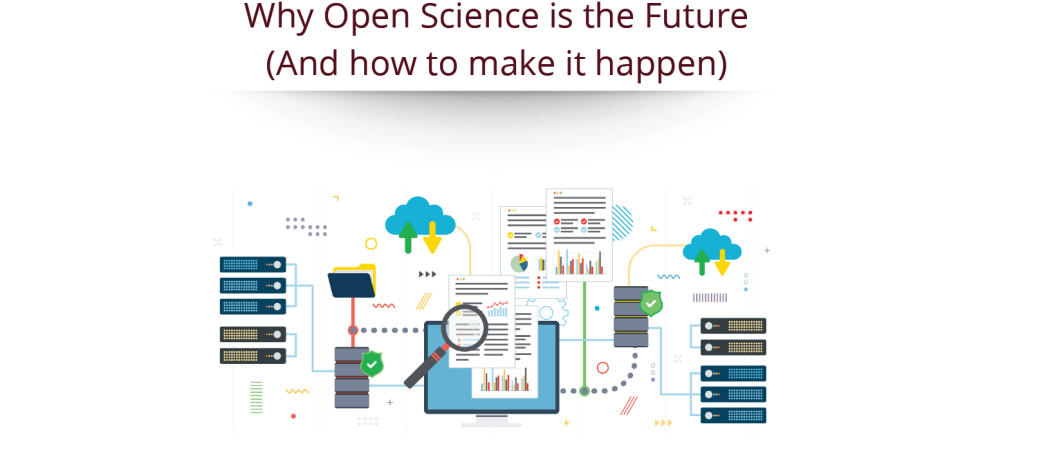A special report of the Science|Business Network
New Science|Business report explores how the EU and the EOSC can help harness open science

Despite the growing evidence that open science can deliver big benefits, both for researchers and society as a whole, progress towards the full sharing of scientific data, tools and infrastructure is patchy.
That is one of the key conclusions from a new report from the Science|Business Cloud Consultation Group, an independent group of cloud experts from academia, industry and public-sector institutions. The report calls for a much greater effort to tackle the multiple barriers standing in the way of fully open science, which is becoming pivotal to the generation, storage and manipulation of the large data-sets required for many research projects.
Download the report
Cutting through the complexity
One of the primary goals of the EU’s nascent European Open Science Cloud (EOSC) is to make it much easier for researchers to pursue fully open science by federating the myriad of research infrastructures, tools and datasets being employed by the 1.7 million researchers across the EU. The new S|B report contends that the EOSC needs to reduce the uncertainty around the regulatory and legal frameworks relating to open science, as well as tackling the financial, technical and interoperability challenges. Today, researchers face many sovereignty and legal issues, ranging from questions about international access to nationally funded research infrastructures, copyright and ownership and whether they will receive appropriate recognition for their work.
Confronted with a variety of EU directives, regulations and national laws and policies, as well as multinational initiatives, such as the Research Data Allowance and Plan S, many researchers continue to share their research data and tools on a piecemeal basis through trusted bilateral relationships. By playing a coordinating role and cutting through the complexity, the EOSC could provide a platform through which researchers can systematically pursue open science, safe in the knowledge that they are furthering their careers and enhancing their reputations.
The case for open science is strong
If researchers can share their data, software and infrastructure easily and quickly, science would benefit from greater economies of scale and less wasteful duplication. If every step of the research process is public and transparent, there would also be much greater scope for reproducibility and refinement by other scientists.
As well as creating a safe, trusted and legally compliant environment, the EOSC will also need to find a way to support the long-term preservation of research data and the software code, tools and operating environments required to make sense of the data, according to the new report. Depending on the discipline, important datasets can still yield scientific breakthroughs decades after they were first generated. If it can pool Europe’s research resources far better than today, the EOSC could spread the cost of long-term storage and exploitation of scientific data and tools across the broader scientific community. In so doing, it should help the EU yield a much greater long-term return on its investments in fundamental research.





 A unique international forum for public research organisations and companies to connect their external engagement with strategic interests around their R&D system.
A unique international forum for public research organisations and companies to connect their external engagement with strategic interests around their R&D system.